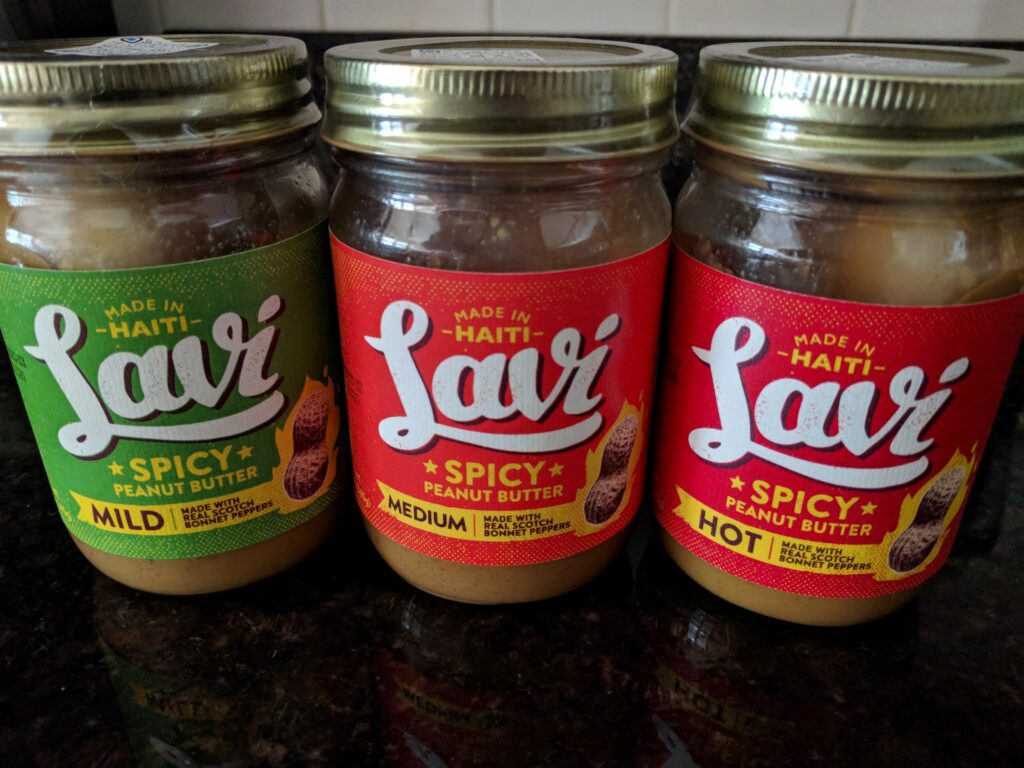Even before the novel coronavirus became a global threat, the United Nations had dire predictions for Haiti in 2020. A UN humanitarian agency report in December 2019 forecast that within months 40 percent of Haitians would “require urgent humanitarian assistance.” Causes included political upheaval, insecurity and rising food prices. Adding a pandemic to the mix would trigger a possible humanitarian catastrophe.
That warning is all too familiar in Haiti. And although frequent aid shipments from the U.S. and elsewhere are welcomed by some, others wonder why such an agrarian country can’t source more food domestically.
Greater food sovereignty in Haiti would support local farmers and reduce the risk of hunger crises in the future. A growing network of organizations is pushing Haiti in that direction, allowing more Haitian farmers to support their own families while getting food to those most in need.
Acceso Haiti is part of that expanding ecosystem.
Robert Johnson, Acceso Haiti’s chief operating officer, says the network is crucial to building food sovereignty and getting through this tough time. It’s about “[holding] the bigger vision, staying the course and kind of fighting through, but doing it with your partners and getting stronger together.”
The social agribusiness was launched in 2014 to support an initiative of the health care non-profit Partners in Health (PIH). PIH makes Nourimanba, a fortified peanut butter for treating malnourished children, and Acceso became the majority supplier of peanuts to their factory in Haiti’s Central Plateau. The business’ mission was to help farmers increase income through technical assistance and value chain improvement. Keeping PIH as an anchor buyer, Acceso went on to add dozens of other peanut butter companies as customers, and to expand into other crops.
“It’s about “[holding] the bigger vision, staying the course and kind of fighting through, but doing it with your partners and getting stronger together.”
These buyers represent just one of many types of partnerships Acceso has forged in Haiti, which have positioned the business to endure an onslaught of challenges over the years – political, economic, environmental and health-related. More than that, the collaborations have enabled Acceso to step up and meet community needs created by those very challenges.
The idea of forging alliances to promote food sovereignty and food security is not new in Haiti, but opportunity and necessity have increased its prominence. In the Haiti Peer Learning Network (HPLN), a community of W.K. Kellogg Foundation grantees and partners across sectors, WKKF Program Officer Dana Francois says that together the organizations have become a powerful engine.
“The efforts of partners that are operating on different levels, across value chains, across sectors, across places,” she says, “can support one another to scalable impact.”
At an HPLN convening in Port-au-Prince in 2015 partners, including Acceso, Quisqueya University’s Faculty of Agricultural and Environmental Sciences (FSAE), Haiti Christian Development Fund, Heifer International, Haiti Projects and Fonkoze, mapped out an income-generation ecosystem they could develop and strengthen together, along with others in their communities. Acceso was a central feature, a “middleman” between growers, testers, agro-industry, investors and agricultural service providers.
Since that meeting, Francois says, the value and urgency of that ecosystem model has only increased in Haiti.
Recent achievements by Acceso and partners grew from the HPLN collaborative work. They illustrate the power of partnerships as they upend notions about progress amid crises.
A GOURMET HAITIAN EXPORT
In 2020, Lavi Spicy Peanut Butter made its debut in North American stores.
In another Acceso-Partners in Health collaboration, employees at the PIH Nourimanba factory began mixing and jarring the creamy, spicy peanut butter that’s a staple in Haitian households. The brightly labeled Lavi was intended for a new market, but it was not an easy time to start exporting a product from Haiti. The country was under virtual lockdown due to political unrest, with schools and offices closed and streets frequently blocked.
“The boats would come,” says Sergeline Malvoisin René, Acceso Haiti’s commercial director, but often “there was nobody there to load them … or there was nobody to do the paperwork.”

Finally, the first shipment made it to two online retailers in the U.S., and in early 2020 it began hitting stores in Brooklyn. Within the year, several online retailers and more than a dozen stores in the U.S. and Canada were selling it.
By mid-fall, Lavi was available on Amazon.
In North America, Lavi is a luxury good – selling at $10 a jar. In Haiti, it supports farmers and their families by connecting them with a new and growing pool of customers. It also helps children by injecting proceeds into nutritious school snacks: for every jar sold in the U.S., a snack is provided in Haiti.
Robert Johnson calls Lavi “the perfect example” of what can come from hard work and the right partnerships. When Acceso began operations in Haiti, he says, exporting a peanut product that met U.S. standards would not have been possible.
“We still have day-to-day challenges, of course,” he says. “But just looking at where we are now versus where we were five years ago, it’s a whole new opportunity.”
First published on Everychildthrives.com










